A Childhood Forged in Horror
Andrei Chikatilo’s early life was a crucible of trauma that shaped his descent into monstrosity. Born on October 16, 1936, in Yablochnoye, Ukraine, during the Soviet Union’s brutal Stalinist era, Chikatilo grew up in a one-room hut amidst the Holodomor famine, a man-made catastrophe that killed millions. His mother’s chilling tale of an older brother, Stepan, allegedly kidnapped and cannibalized by starving neighbors, left a lasting imprint on young Andrei, though the story remains unverified. The horrors escalated during World War II when German forces occupied Ukraine, forcing Chikatilo and his mother to witness their home burn and endure relentless bombings. His father’s capture by Nazis and subsequent branding as a traitor by Soviet authorities further ostracized the family, painting Chikatilo as the “son of an enemy.” These early experiences of starvation, violence, and shame fueled a deep-seated rage that would later erupt in unimaginable ways.
Compounding his psychological scars, Chikatilo faced relentless bullying at school due to his frail physique and his father’s perceived cowardice. Chronic bed-wetting, mocked mercilessly by his mother, deepened his sense of humiliation. As a teenager, his sexual dysfunction—evident in a humiliating encounter at 15 where he ejaculated prematurely while attempting to overpower a girl—cemented his social isolation and self-loathing. Despite these struggles, Chikatilo excelled academically, later earning a degree from Rostov University. Yet, his inability to form meaningful relationships and his growing obsession with violent fantasies set the stage for his transformation into the “Butcher of Rostov.” His early life, steeped in deprivation and trauma, offers a haunting glimpse into the origins of his depravity, though it can never fully explain the horrors he would unleash.
The Trail of Blood and Deception
Chikatilo’s killing spree began in 1978 with the murder of nine-year-old Yelena Zakotnova in Shakhty, Russia. Luring her to a secluded hut under the pretense of kindness, he attempted to rape her but, unable to perform, stabbed her repeatedly, achieving sexual release through her suffering. Her body, dumped in the Grushevka River, bore the hallmarks of his signature brutality: multiple stab wounds and mutilation. Shockingly, despite blood found near Chikatilo’s home and a witness placing him with the victim, police pinned the crime on Alexander Kravchenko, who was executed after a coerced confession. This grave miscarriage of justice allowed Chikatilo to continue his rampage unchecked for over a decade. By 1981, he had resumed killing, targeting vulnerable runaways, prostitutes, and children at train and bus stations, exploiting the Soviet Union’s decaying social fabric. His modus operandi involved luring victims to isolated areas with promises of food, alcohol, or shortcuts, only to unleash savage attacks involving stabbing, strangulation, and mutilation, often gouging out eyes due to a superstition that they retained his image.
The Soviet system’s denial of serial murder as a “capitalist” phenomenon hindered investigations, leaving police ill-equipped to connect the mounting bodies. By 1984, Chikatilo’s kills numbered at least 15, yet he evaded capture after a botched arrest when blood type tests—misinterpreted due to scientific limitations—cleared him. His ability to blend into society as a married father of two, a former teacher, and a Communist Party member made him invisible to authorities. It wasn’t until 1990, after an intensified manhunt dubbed Operation Forest Path, that a vigilant officer spotted him acting suspiciously at a train station. Arrested with a briefcase containing a knife and rope, Chikatilo’s confession, prompted by psychiatrist Alexandr Bukhanovsky’s empathetic interrogation, revealed a staggering 56 murders, though he was convicted of 52. The case exposed not only Chikatilo’s sadistic psyche but also the systemic failures that allowed his reign of terror to persist.
Legacy of a Predator and Unanswered Shadows
Chikatilo’s trial in 1992 was a spectacle of grief and rage, with relatives of victims weeping as he stood in a cage for protection, recounting his atrocities with chilling detachment. Convicted of 52 murders and executed by a single gunshot in 1994 at Novocherkassk Prison, his case remains a grim milestone in criminal history. The sheer scale of his crimes—spanning Russia, Ukraine, and Uzbekistan—earned him monikers like the “Red Ripper” and “Rostov Ripper.” His acts of cannibalism, including consuming victims’ organs, and his necrosadistic tendencies shocked a nation unaccustomed to such horrors. The case also highlighted the Soviet Union’s reluctance to acknowledge serial killers, delaying public warnings and costing countless lives. For those seeking deeper insight, the Rostov-on-Don region, where many of his crimes occurred, offers historical tours exploring the era’s dark underbelly, though visitors are advised to approach with sensitivity due to the community’s lingering trauma.
Yet, questions linger like specters. Were there additional victims beyond the 56 he confessed to, lost to the Soviet system’s inefficiencies? The case of Alexander Kravchenko, wrongfully executed for Chikatilo’s first murder, raises haunting doubts about other potential miscarriages of justice. Furthermore, the psychological profile crafted by Bukhanovsky, describing Chikatilo as a “necro-sadist” driven by childhood trauma and sexual impotence, leaves room for debate: was his pathology purely biological, or did societal neglect amplify his monstrous impulses? Unlike other Soviet-era cases, such as the unrelated “Chessboard Killer” Alexander Pichushkin, Chikatilo’s crimes were deeply personal, rooted in his warped psyche rather than a calculated game. While his execution closed a chapter, the scars he left on families and the unanswered questions about systemic failures ensure his legacy remains a chilling mystery, inviting ongoing exploration into the darkest corners of human nature.


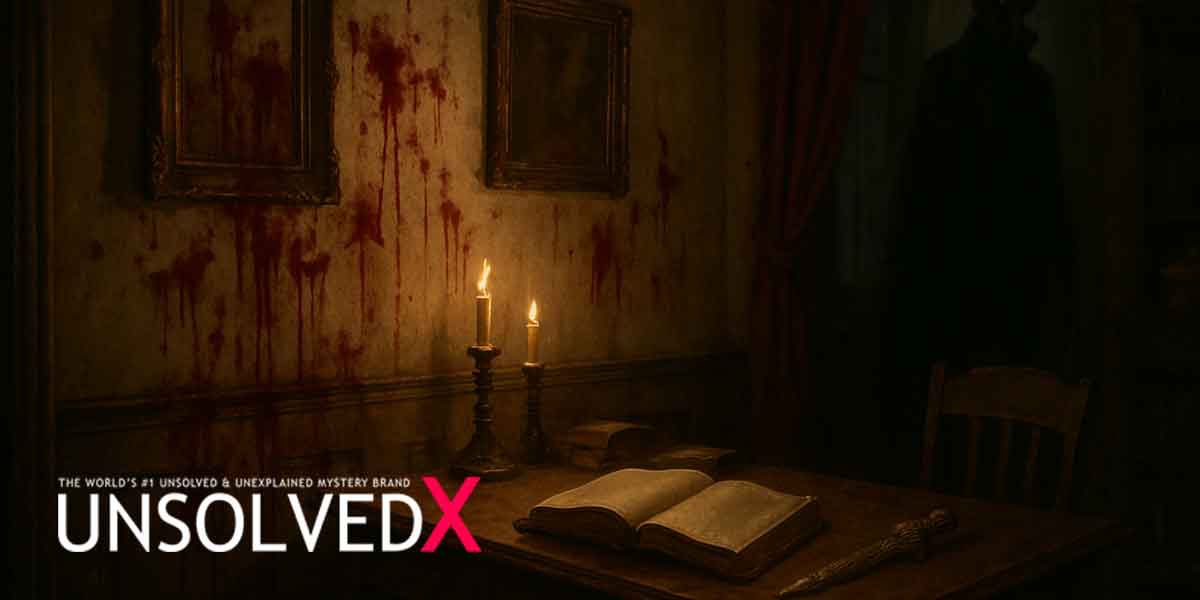
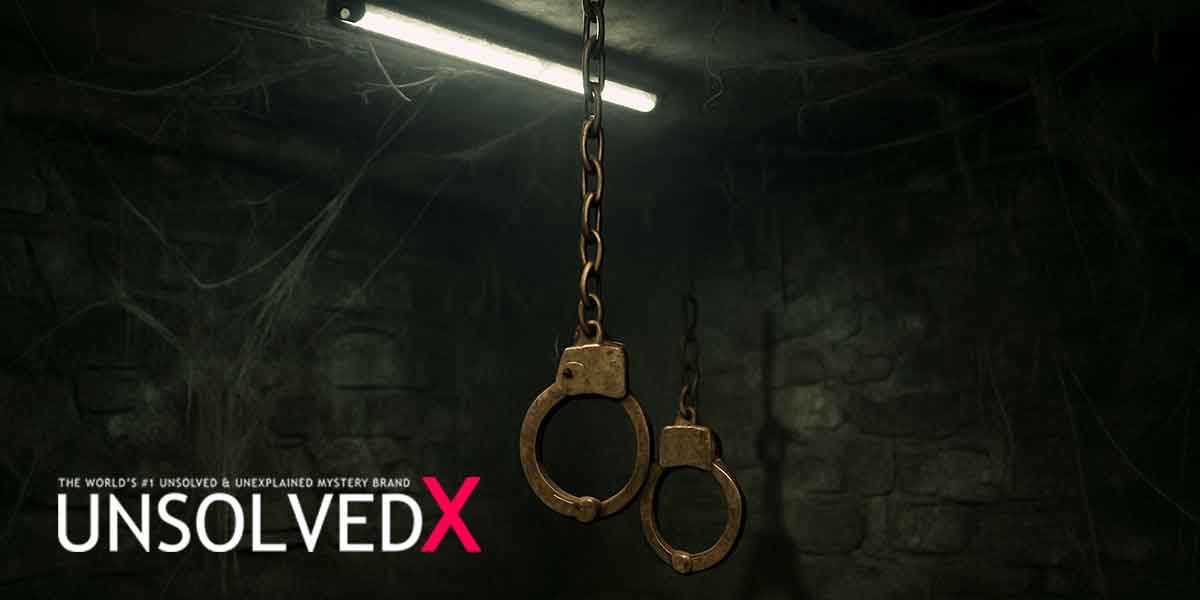
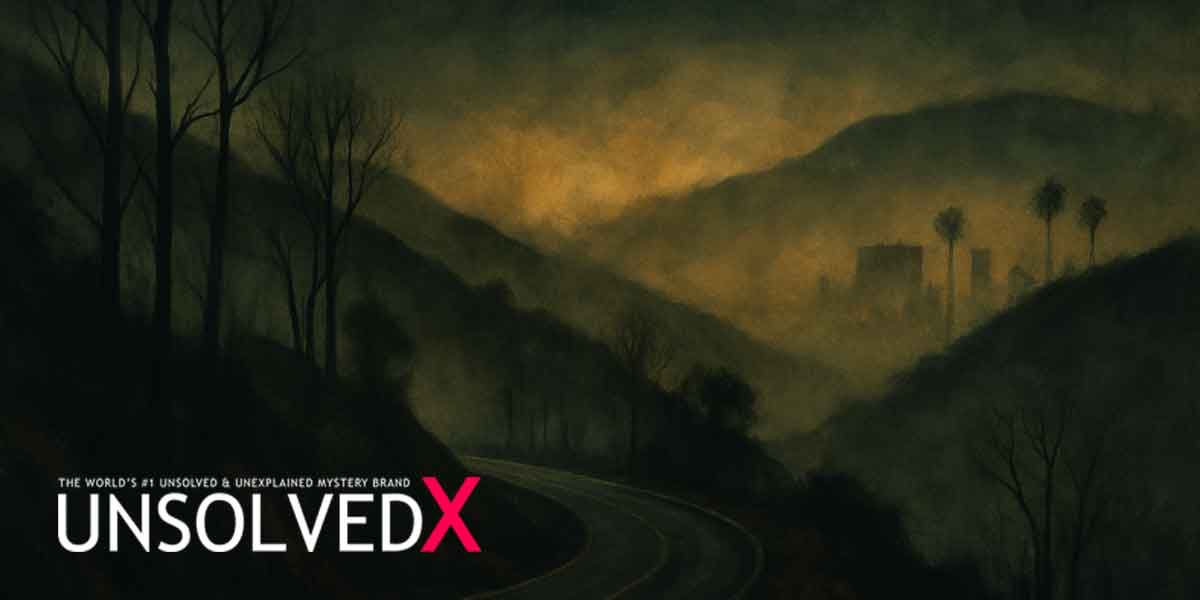
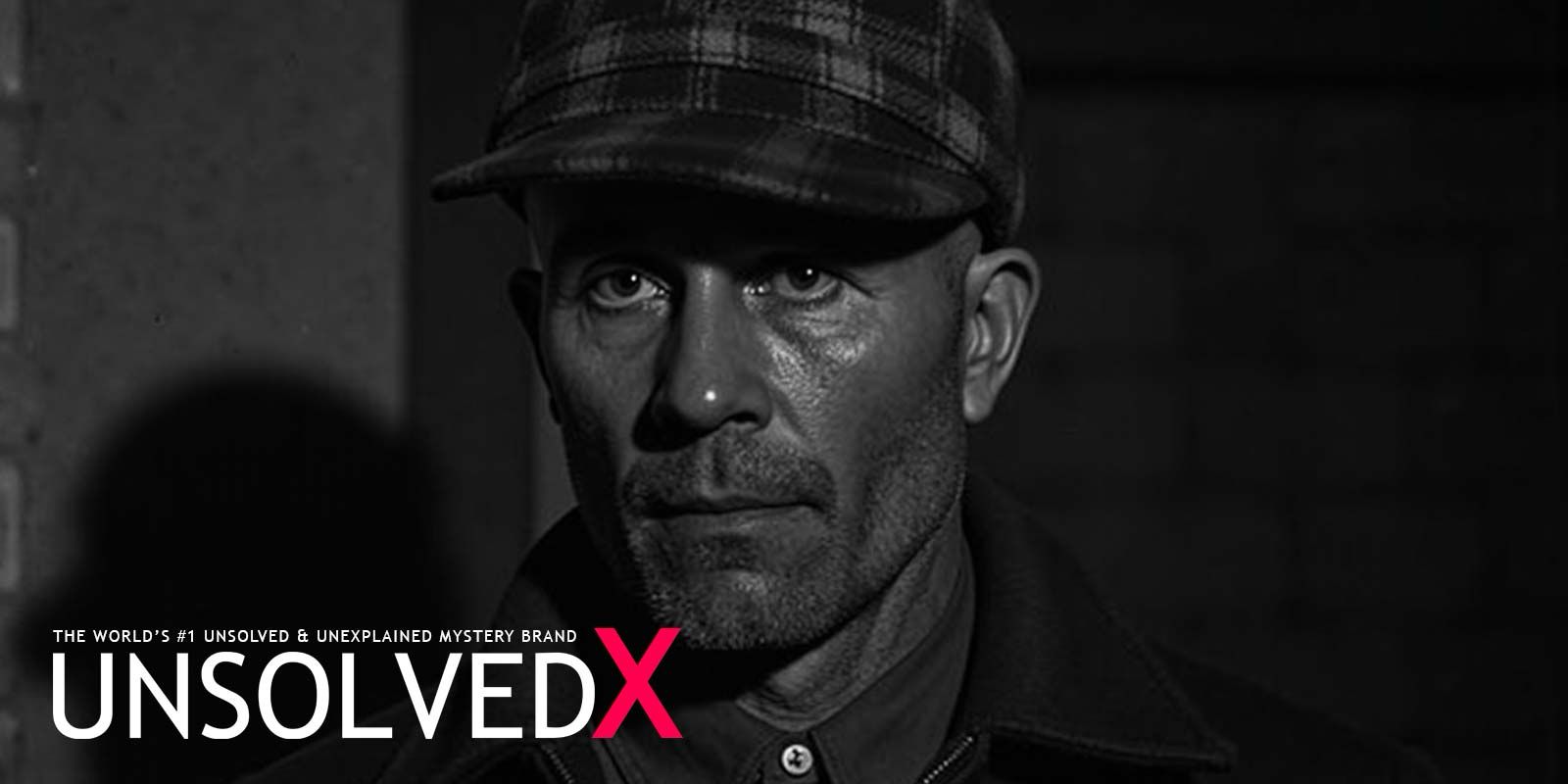
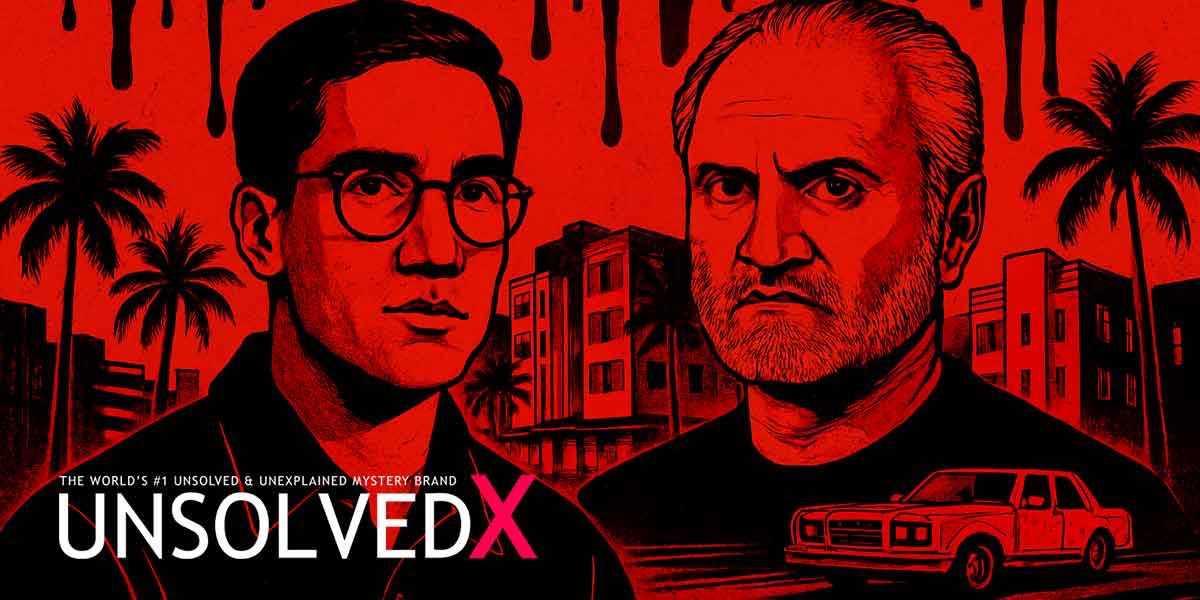
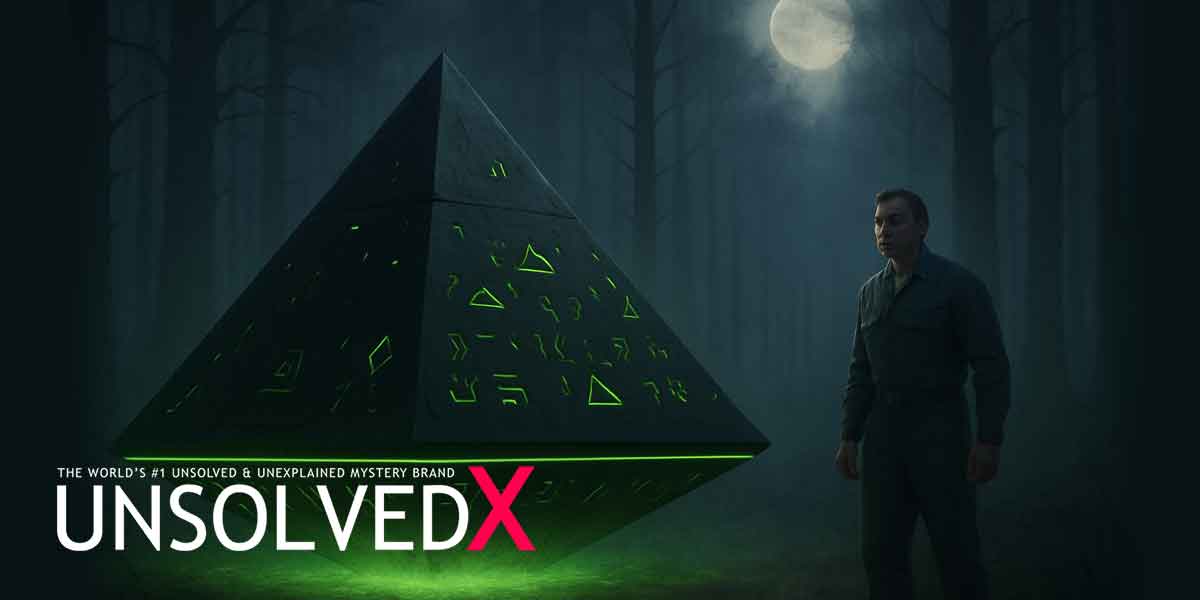


Comments
Comments section coming soon!